Australian Humanitarian Partnership NGOs responded globally to the COVID-19 pandemic, through multi-year humanitarian activations for protracted crises in countries such as Iraq and Bangladesh, as well as dedicated responses throughout the Indo-Pacific.
Across the Pacific and Timor-Leste, Disaster READY country programs focused on COVID-19 preparedness work, putting into action the networks and community-based disaster risk management strengthening efforts built up in the years prior to the pandemic.
As of the end of 2022, AHP- supported COVID-19 recovery work is continuing in a number of countries (Papua New Guinea, Vanuatu, Solomon Islands, Laos and Indonesia). In alignment with national government responses, partners are supporting national vaccine rollouts, combatting misinformation, supporting health services when cases spike, and assisting with livelihoods and economic support.
This section highlights the work of AHP partners during the pandemic, and shares resources and learning products.

COVID-19 Response Videos
The two-year Australian Humanitarian Partnership response to the COVID-19 pandemic in Timor-Leste supported food security, livelihoods, agricultural production, nutrition and health.
The Famili I Redi (‘Family Ready’) training package has been designed in Vanuatu to ensure that the benefits of labour mobility are felt by all household members and entire communities, as part of the AHP COVID-19 Response to support Vanuatu's economic recovery from the pandemic.
With the support of the Australian Humanitarian Partnership through Church Agencies Network -- Disaster Operations (CAN DO) and ABC International Development, churches in PNG are sharing theological messages in remote areas to guide people of faith towards accurate information on COVID-19 and vaccination.
As part of the AHP-supported COVID-19 response in Samoa, and with the support of CARE Australia, Samoa's national disability organisation Nuanua O Le Alofa worked with local NGO Women in Business Development Incorporated to distribute seedlings to 400 people with disabilities and their families.
With the support of the Australian Humanitarian Partnership through Church Agencies Network -- Disaster Operations (CAN DO) and ABC International Development, churches in PNG are sharing theological messages in remote areas to guide people of faith towards accurate information on COVID-19 and vaccination.
With the support of the Australian Humanitarian Partnership, World Vision Vanuatu produced these cute and friendly animated videos for children, explaining COVID-19 prevention, lockdowns and what might happen if they are sick. (Bislama)
This animation shows how the AHP Bangladesh response has been supporting COVID-19 public health efforts in Rohingya camps at Cox’s Bazar. (Bengali w subtitles)
Community information videos on COVID-19 for PNG. Produced by Oxfam with support from ABC International Development and the Australian Government as part of the Australian Humanitarian Partnership.
Community information videos on COVID-19 for PNG. Produced by Oxfam with support from ABC International Development and the Australian Government as part of the Australian Humanitarian Partnership.
Community information videos on COVID-19 for PNG. Produced by Oxfam with support from ABC International Development and the Australian Government as part of the Australian Humanitarian Partnership.
AHP COVID-19 Field Updates
Elders Yoseph (75) and Nonina (80), and Jemi (62) have received two COVID-19 vaccines and cash support through the Australian Humanitarian Partnership response in Indonesia. The response has focused on supporting vulnerable groups, such as the elderly and people with disabilities.
Through the AHP COVID-19 response in Solomon Islands, community nurseries and agricultural training are helping families get more from their home gardens, reducing their food expenses and supporting livelihoods.
When Jolyn became sick while pregnant she was rushed to hospital from her remote village to the capital. At the the hospital in Honiara she received health support but also additional assistance through the Disaster READY program.
In partnership with Provincial Health Authorities and AHP NGOs, community leaders in Papua New Guinea are being empowered with correct information on COVID-19 to become advocates for vaccination.
Communicating information about the pandemic to Samoa’s Deaf community proved challenging for national disability organisation Nuanua O Le Alofa, with more than half not knowing formal sign language. With AHP support, they held a week-long forum to support the Deaf community to understand the pandemic, and other key issues.
With COVID-19 vaccine mis-information reaching some of the remotest communities in PNG at a rapid pace, AHP partners are working hard to support greater vaccine uptake by building trust and sharing facts.
In Kiribati, training for preschool teachers, alongside new handwashing facilities, is instilling good hygiene practices in some of the country’s youngest citizens.
In Papua New Guinea’s Western Province, COVID-19 outbreaks have impacted the ability of rural communities to travel to town. Through the AHP COVID-19 response, new agricultural methods are supporting food security and resilience in hard-to-reach communities.
The Meri Gat Pawa, Meri Gat Infomesen (Women have Power, Women have Information) partnership is one aspect of the AHP COVID-19 response in PNG and the Autonomous Region of Bougainville. Read how these women are working with Digicel to get COVID-19 information out to as many people as possible.
COVID-19 vaccine resistance in Papua New Guinea is strong, with social media playing a role. AHP partners are tacking mis-information and fake news on a number of levels, including a digital campaign on Facebook.
Australian Humanitarian Partnership (AHP) NGOs have been supporting the COVID-19 response in Papua New Guinea (PNG) since the pandemic was declared in 2020, but are now focusing on supporting the vaccine roll-out and combatting mis-information. This field story looks at the work being undertaken by CAN DO and ABC International Development.
Many communities in Fiji have been hit hard by the economic fallout of COVID-19, and the second wave of cases in 2021 also restricted access to food and markets. With AHP support, Nabulini village has successfully grown their own vegetables, keeping healthy food on the menu during lockdowns.
For Rohingya children living in camps in Bangladesh, learning centres provide vital social connection and access to education. But with COVID-19, they have been closed. AHP partners have adapted to provide caregiver-led education opportunities so children don’t miss out.
Through the Australian Humanitarian Partnership’s COVID-19 response, Empower Pacific is supporting Fijians grappling with the economic, social and health repercussions of the global pandemic.
Many communities and households in Tonga have to travel significant distances to access clean water. As part of the AHP COVID-19 response, water tanks are bringing supplies closer to home, improving hygiene and freeing up time.
Students at San Isidro Care Centre in Northwest Guadalcanal are learning new livelihoods and food security skills through the AHP COVID-19 response in Solomon Islands.
Through the AHP COVID-19 Response, new Village Savings and Loan Groups in Tanna, Vanuatu, are supporting women and men to put aside savings to grow their businesses or achieve family goals.
Churches are a key part of community life in Tuvalu. As part of the Australian Humanitarian Partnership’s COVID-19 response, church leaders are being trained on providing psychological support to communities.
Handwashing stations and hygiene kits are not only helping families prepare for possible cases of COVID-19 in Kiribati: they are also helping young technical graduates build their skills.
COVID-19 Reports and Resources
AHP COVID-19 Response, Papua New Guinea: Tok Pisin poster series.
Plan International research report.
AHP COVID-19 campaign, Papua New Guinea (video).
AHP: COVID-19 campaign, Papua New Guinea (video).


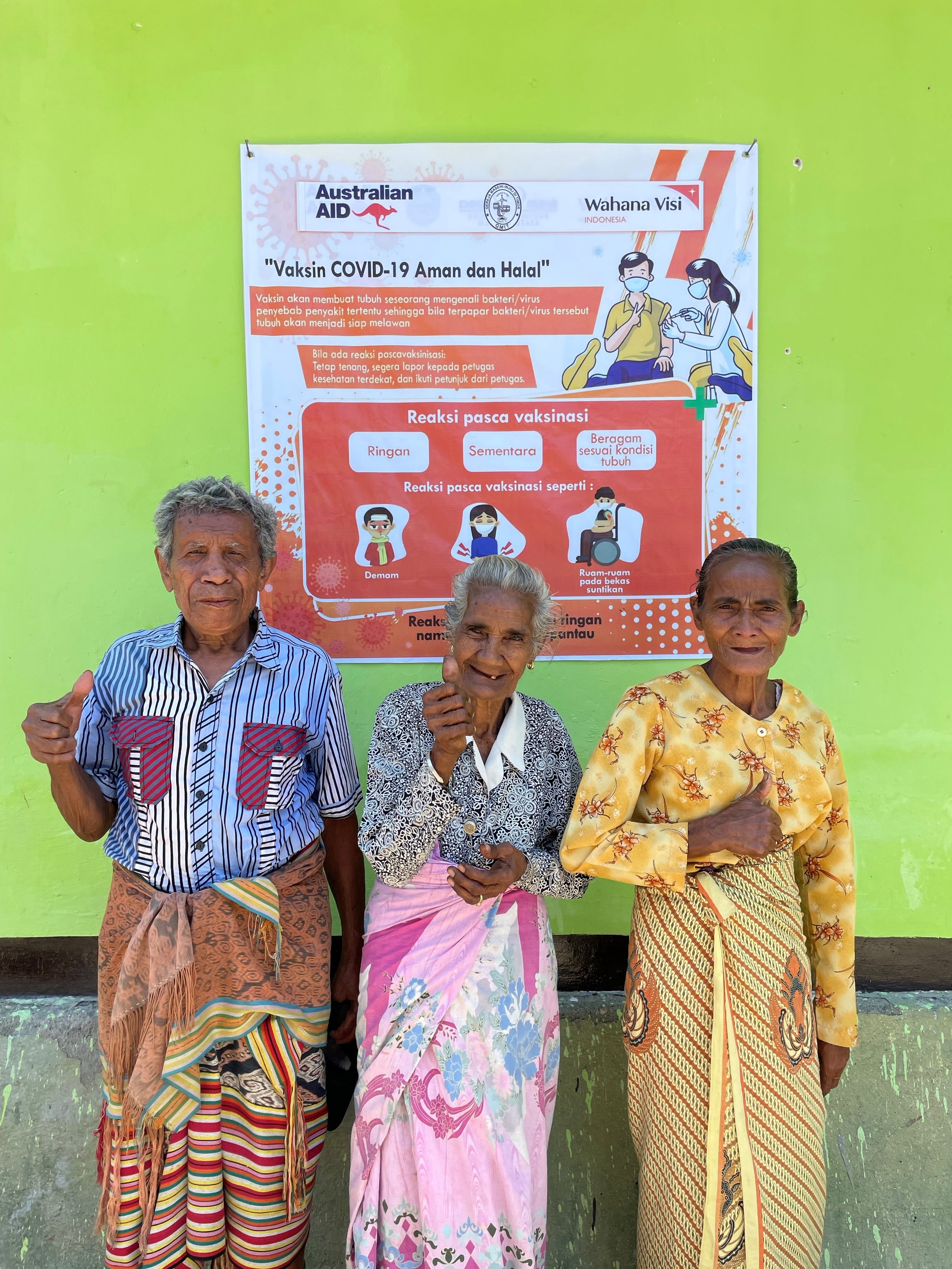
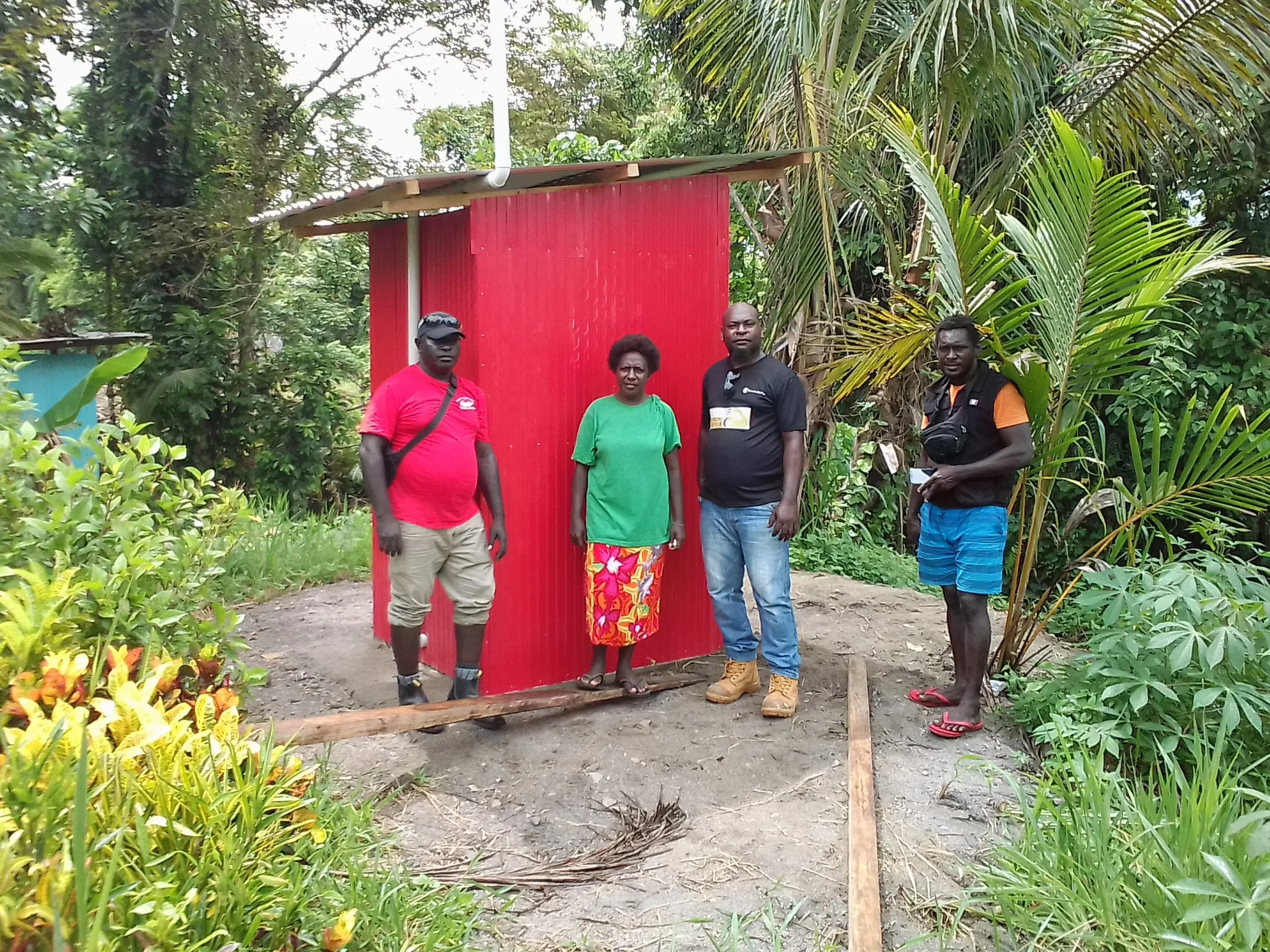

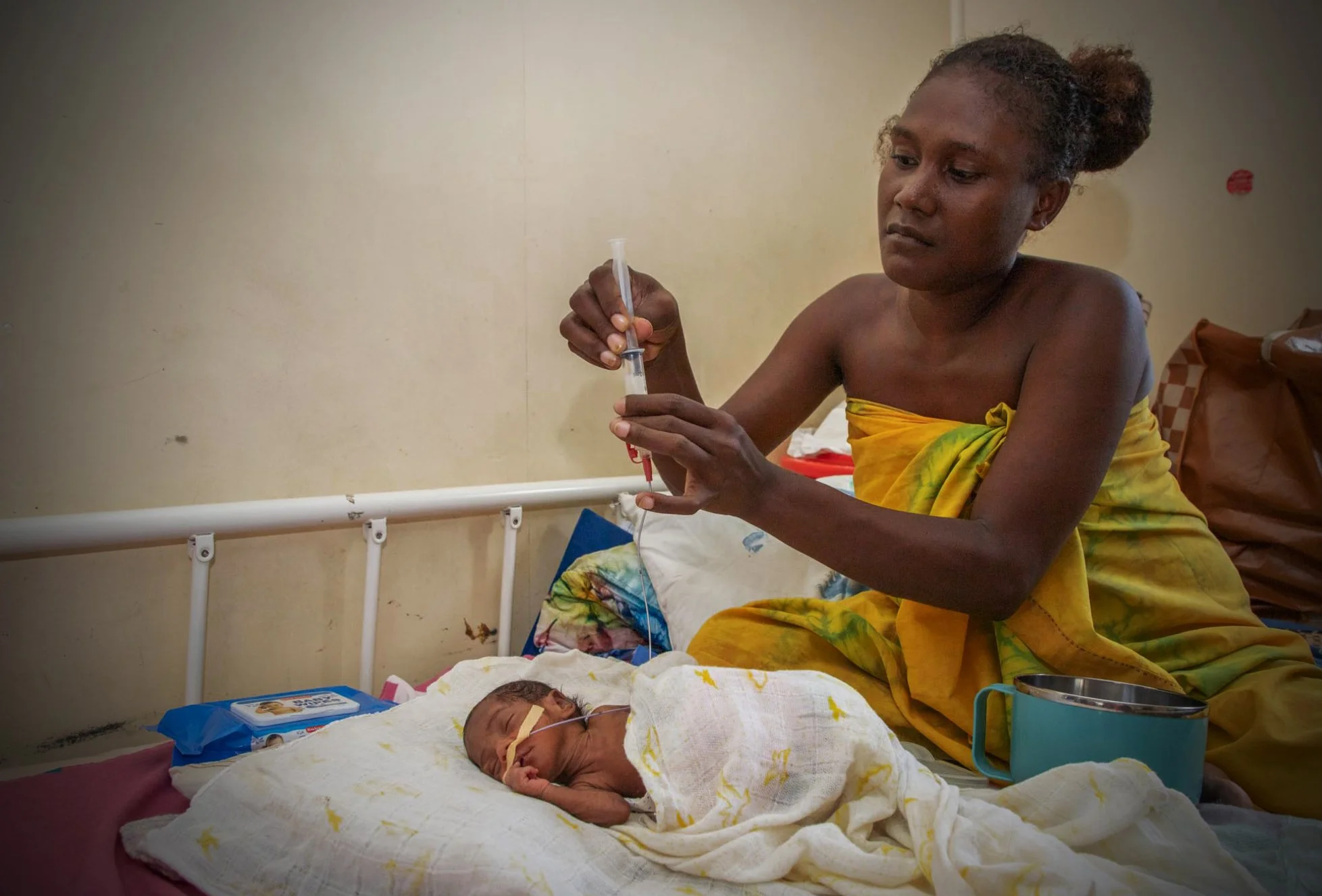
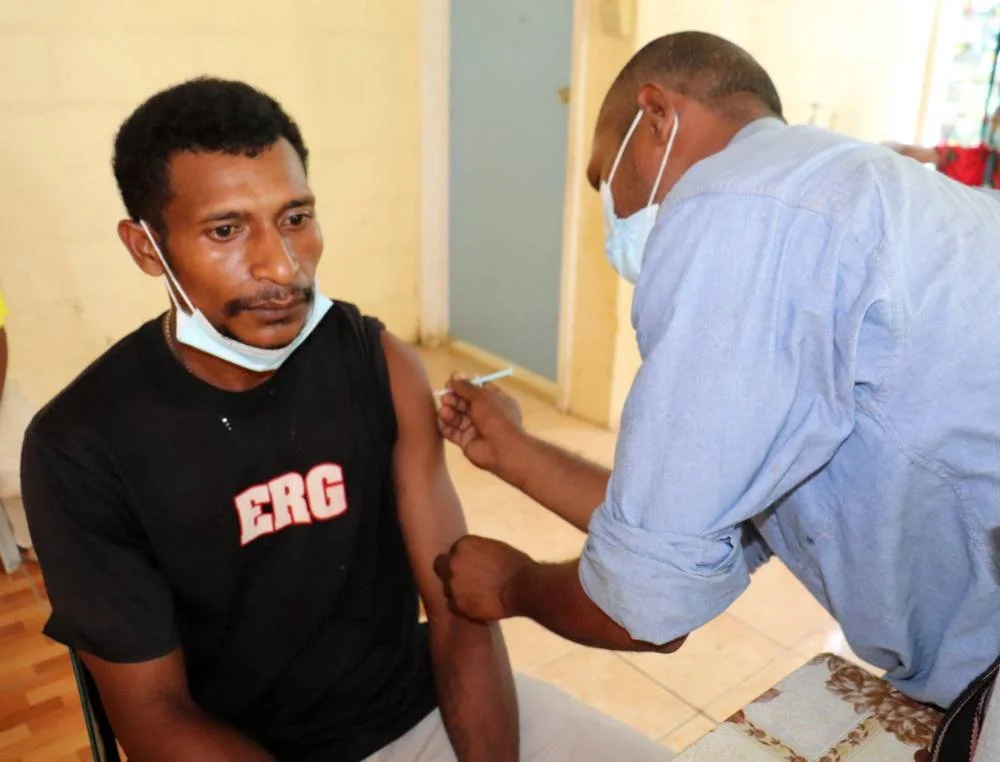
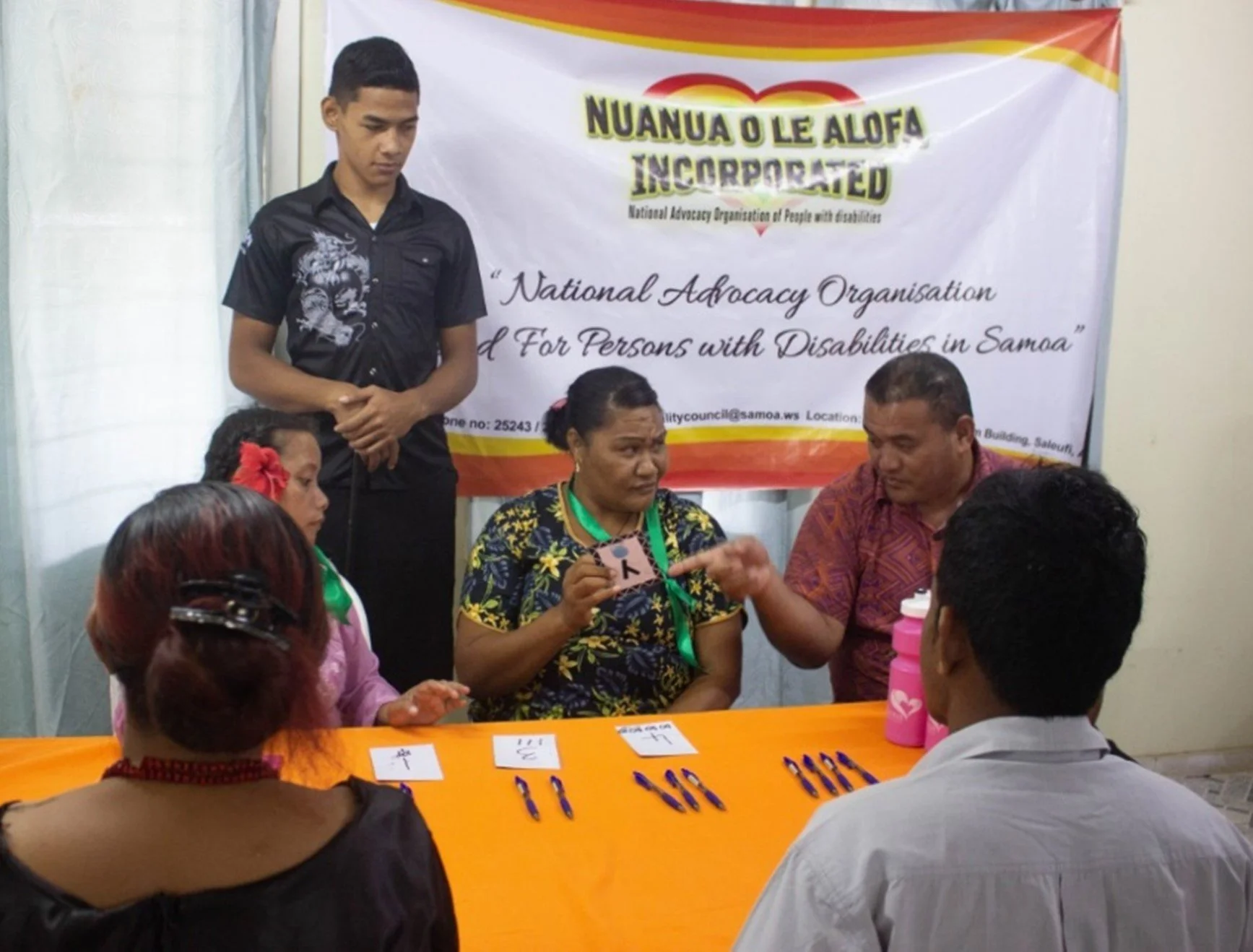
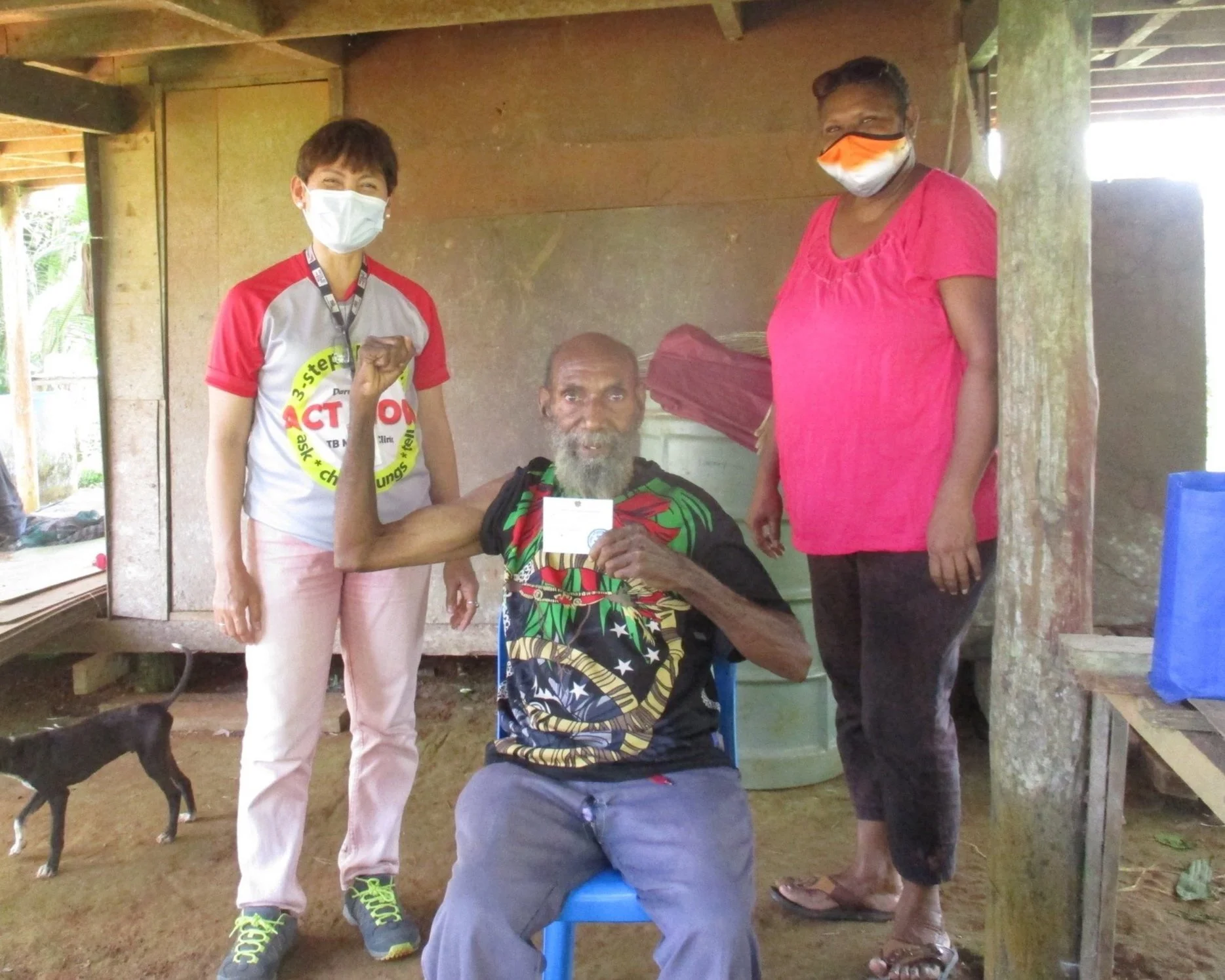
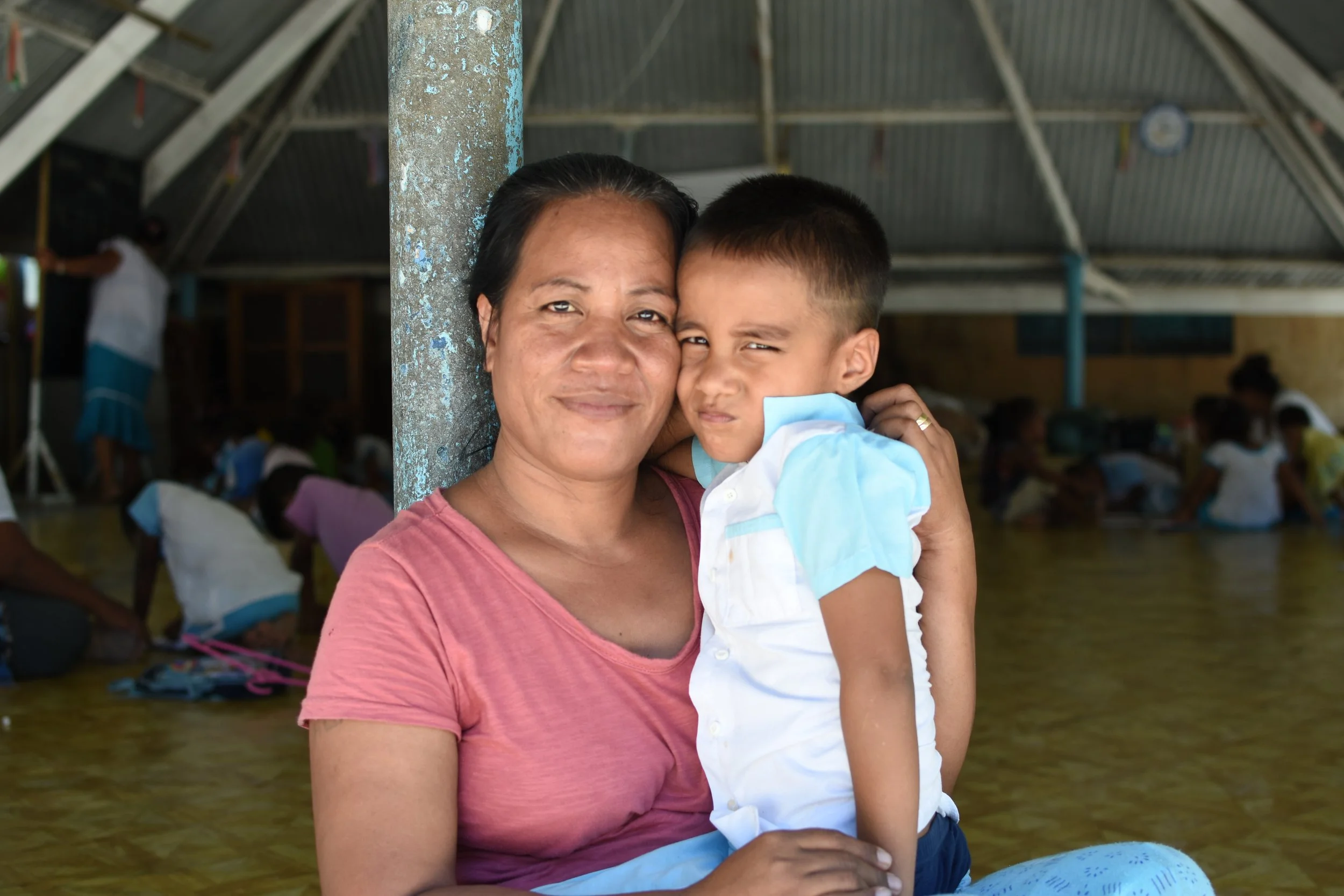
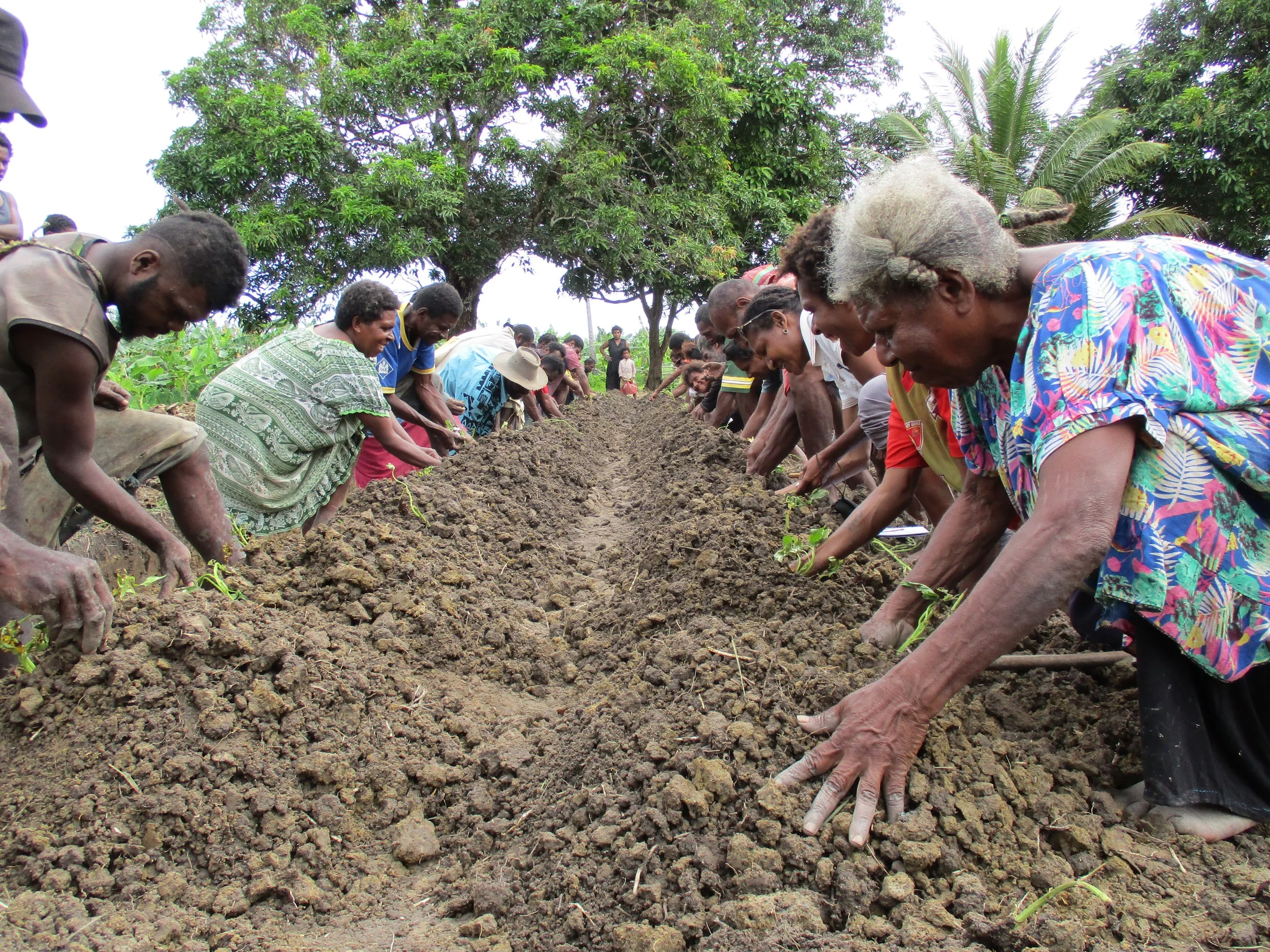

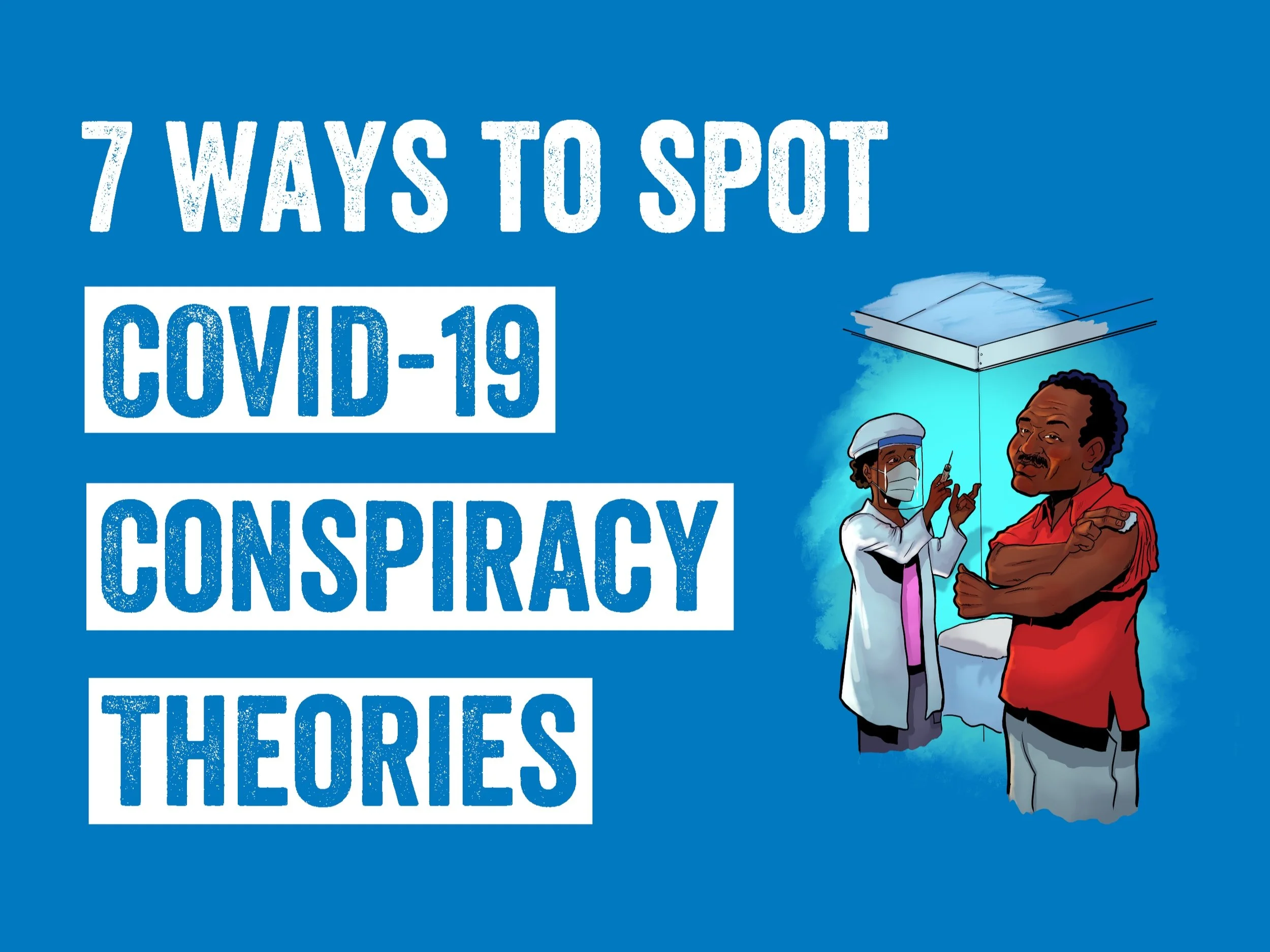
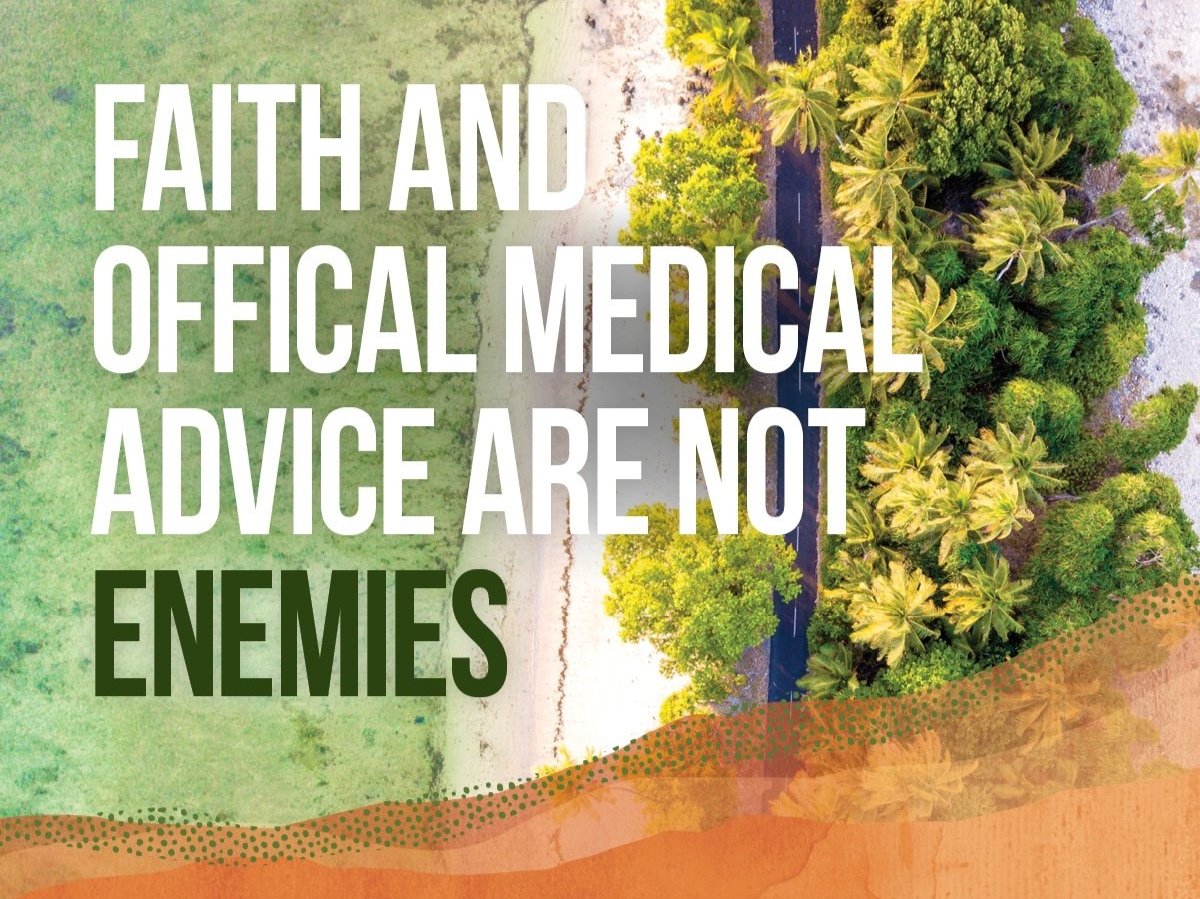
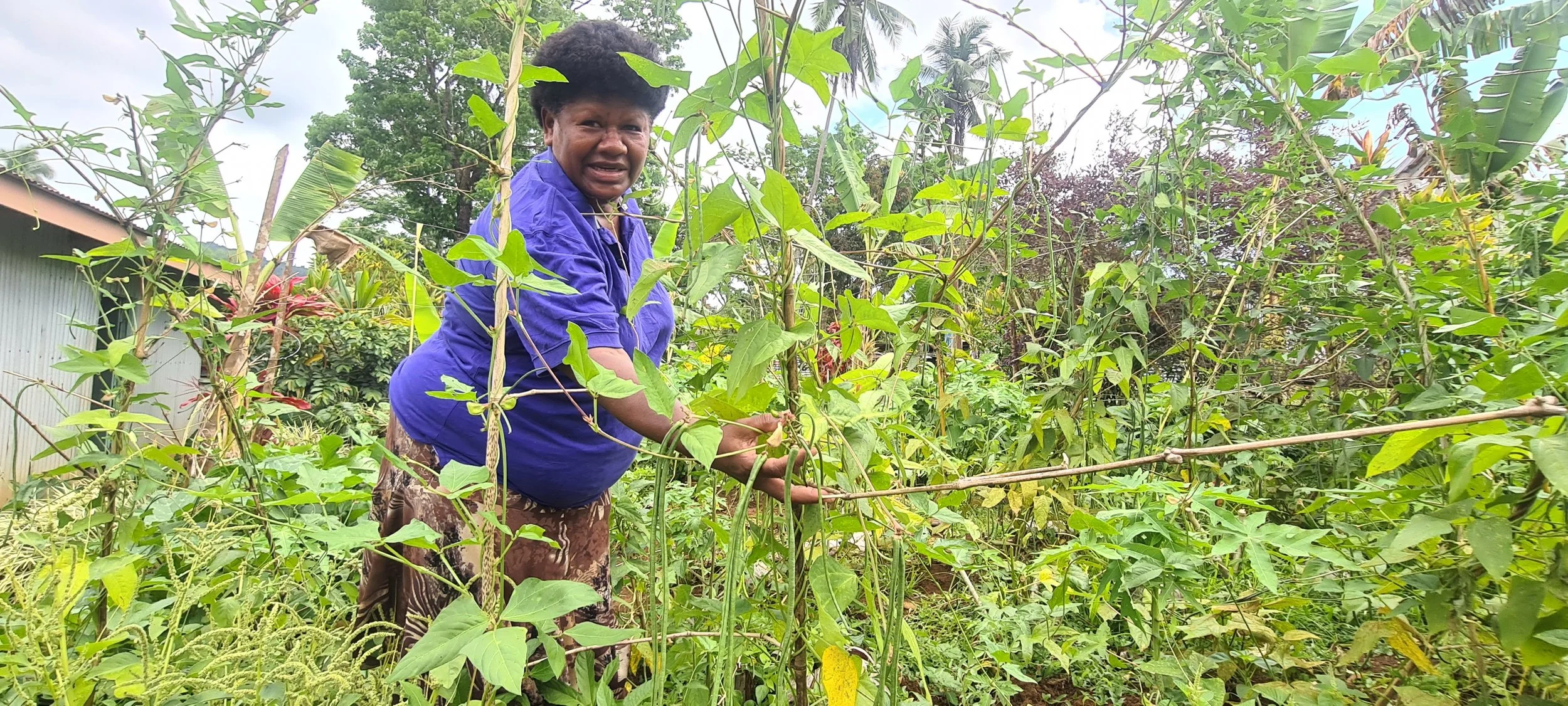
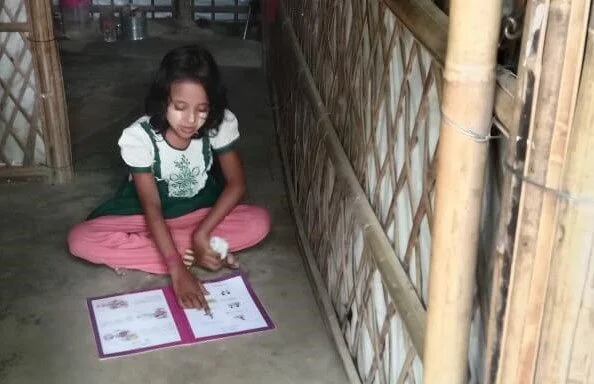
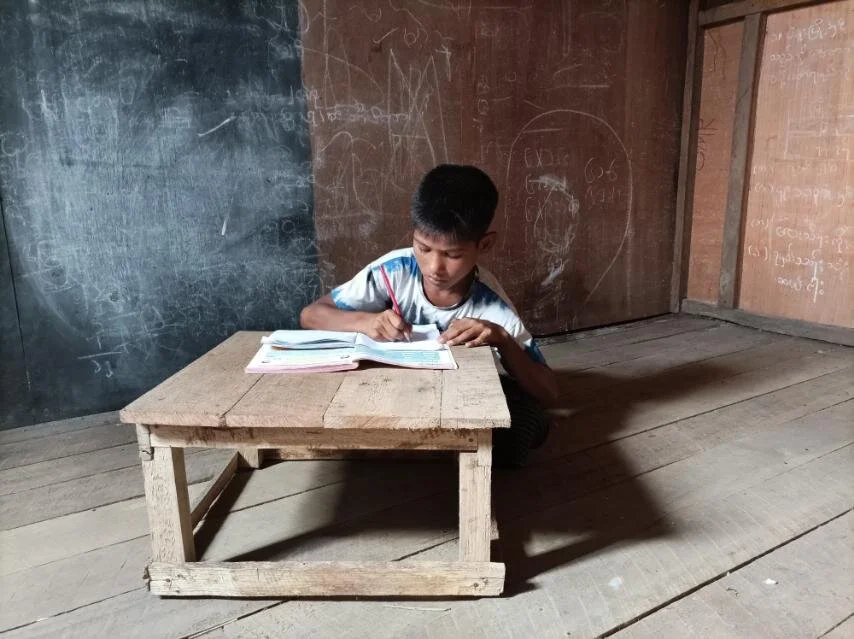
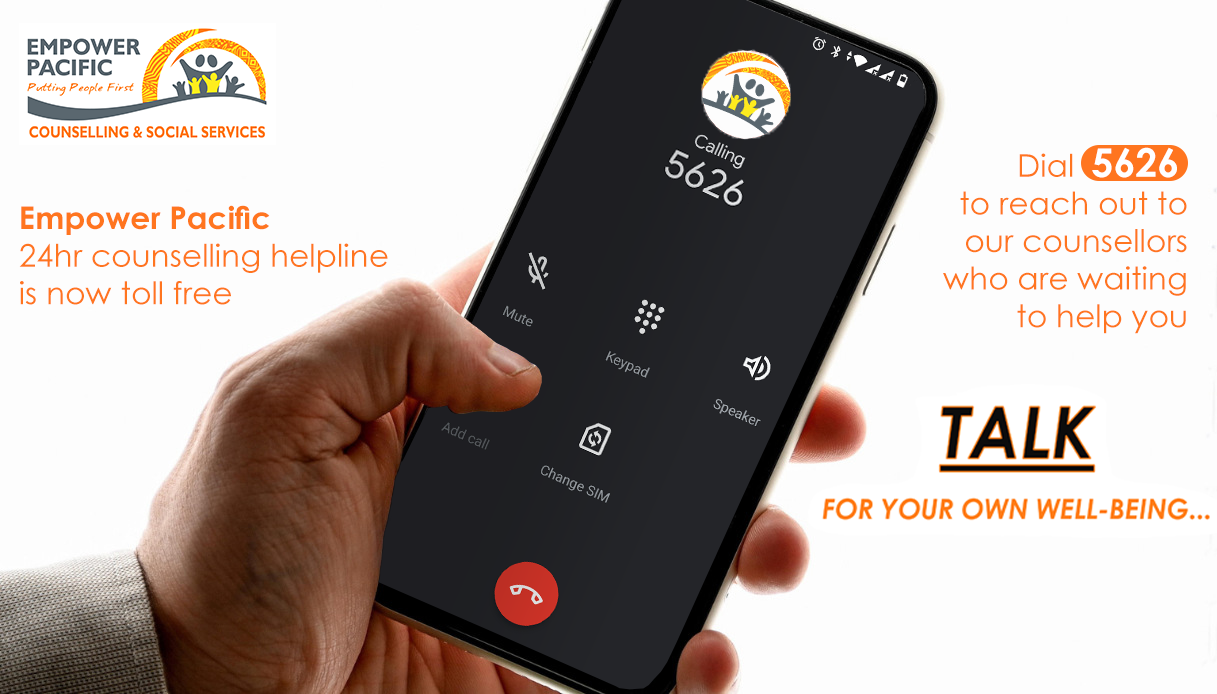
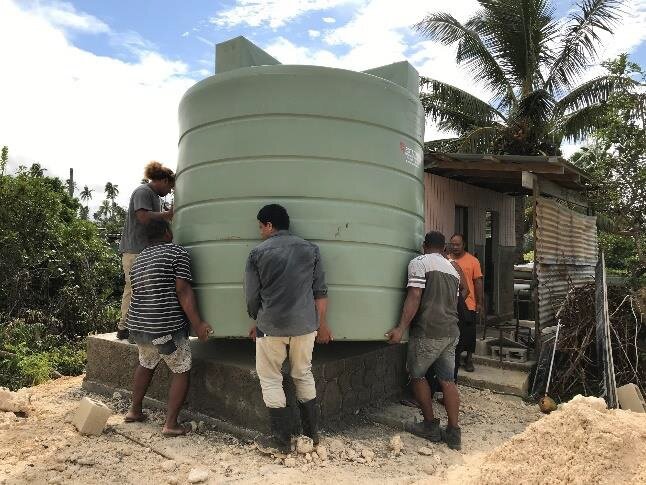
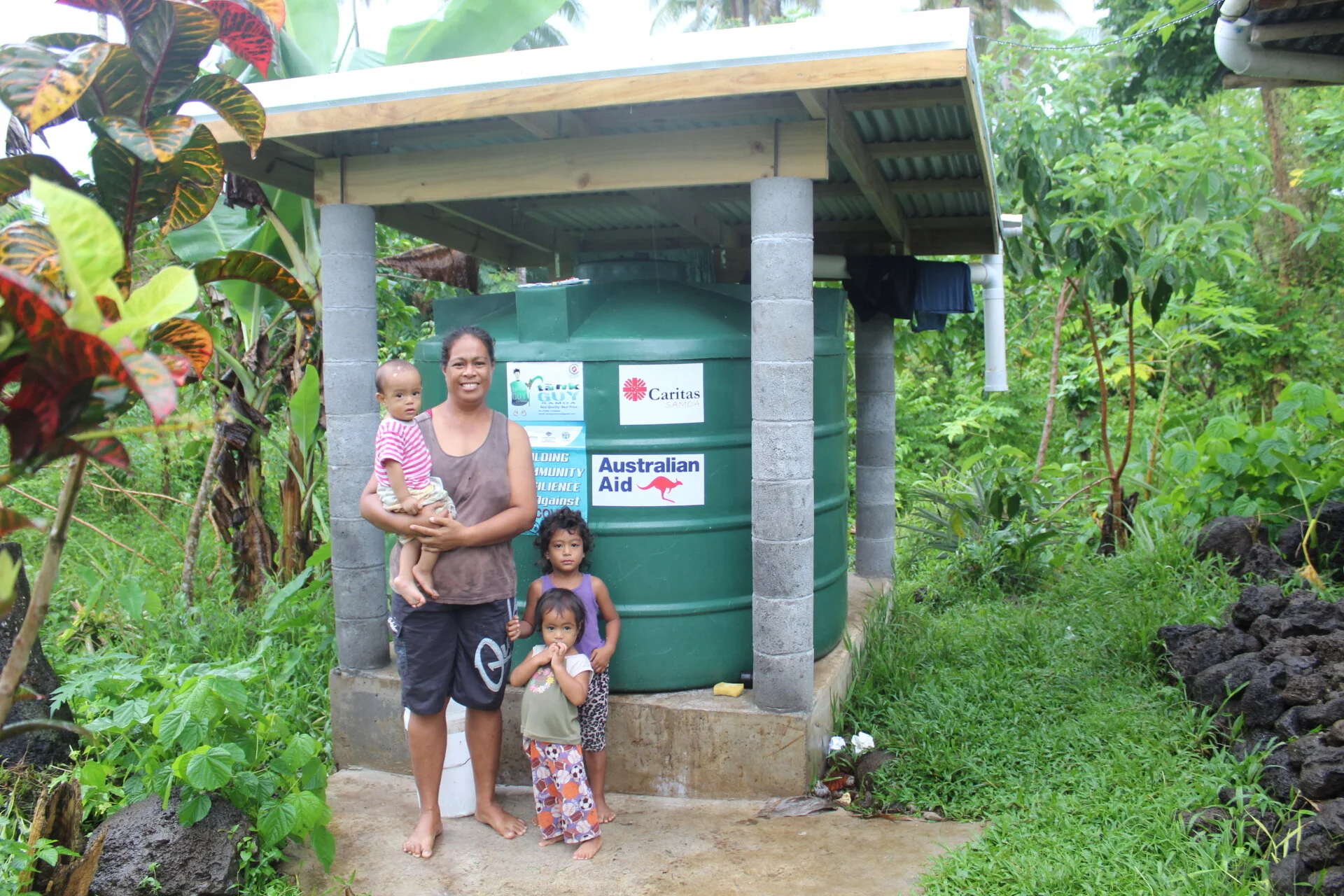
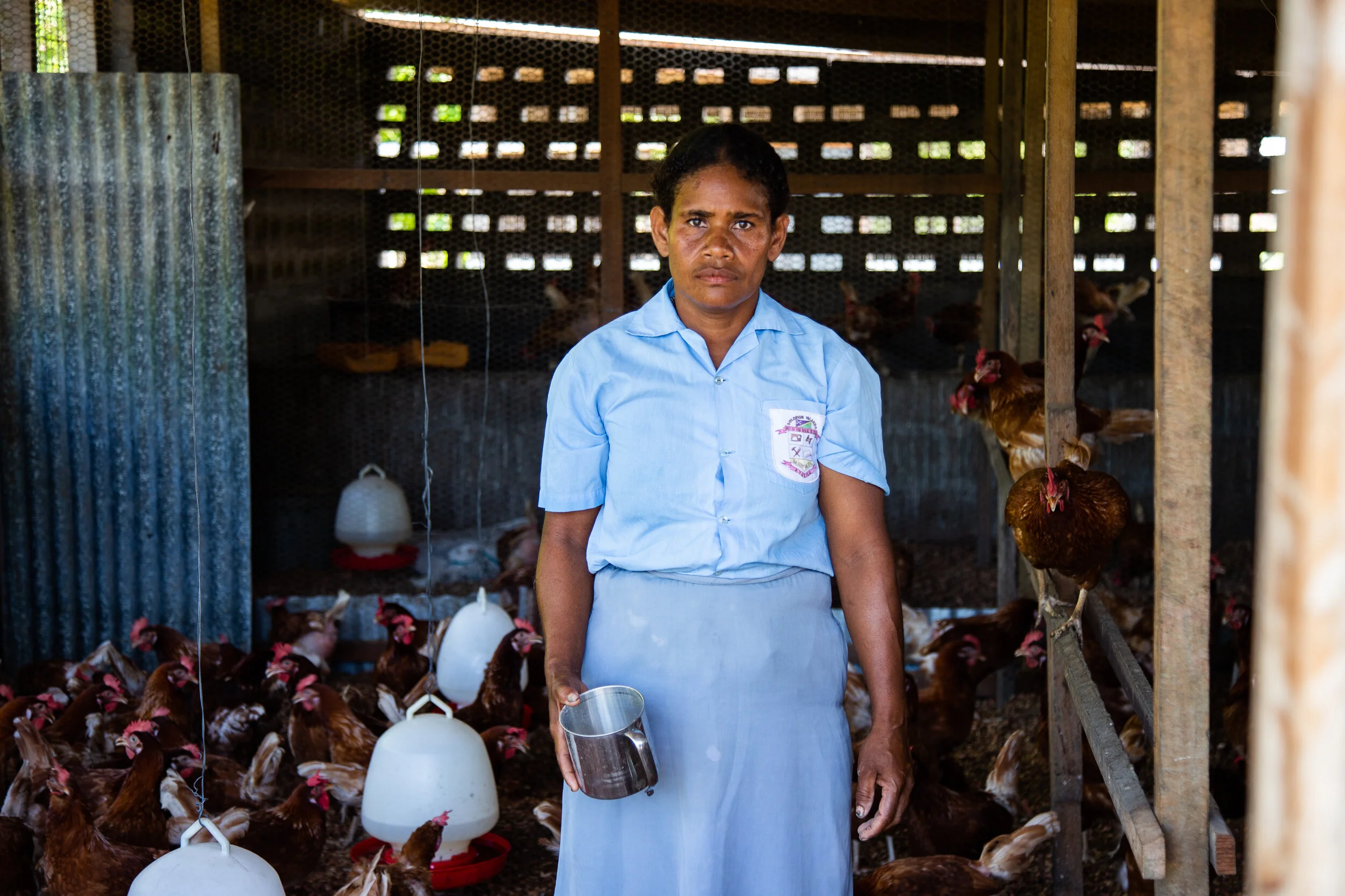
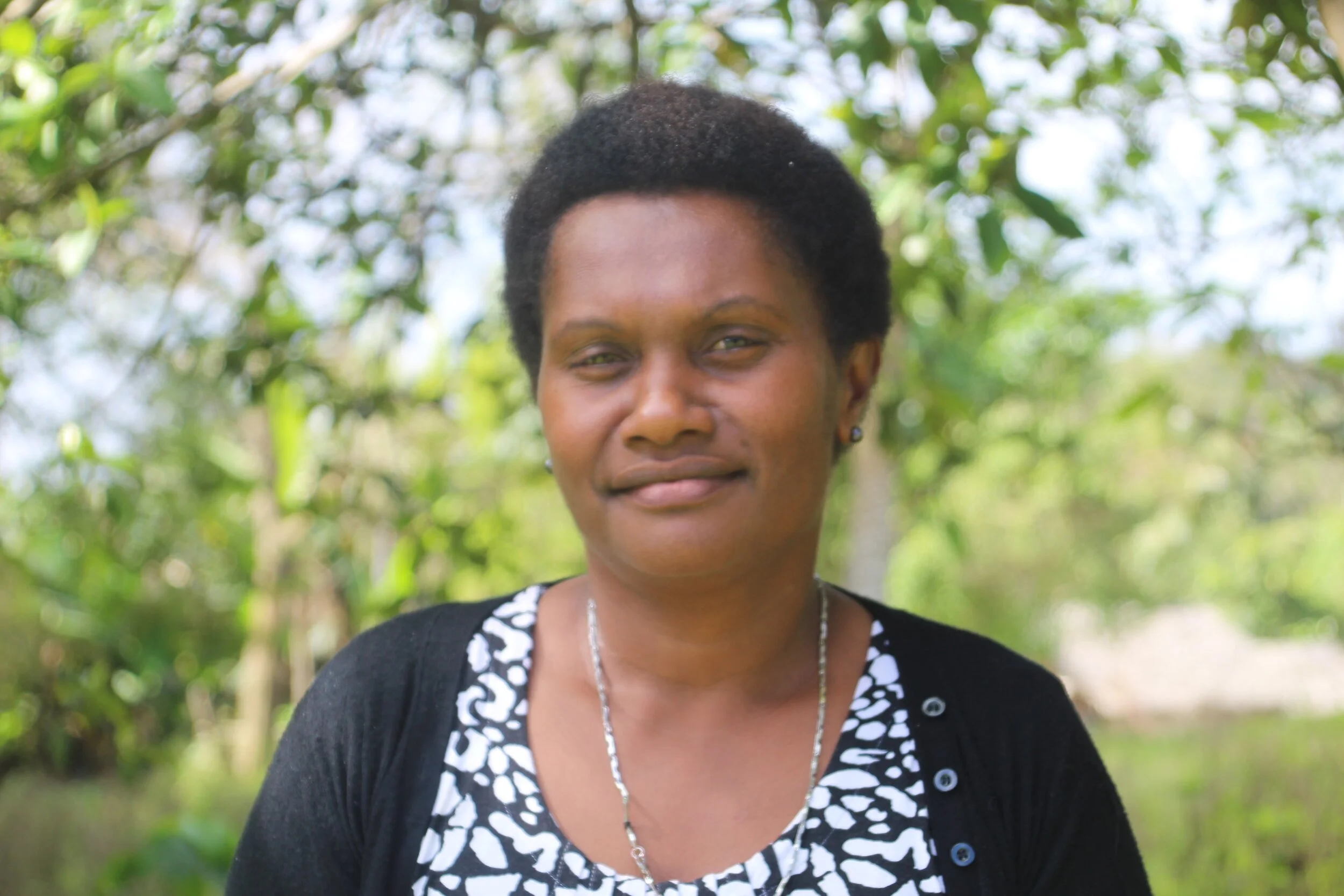
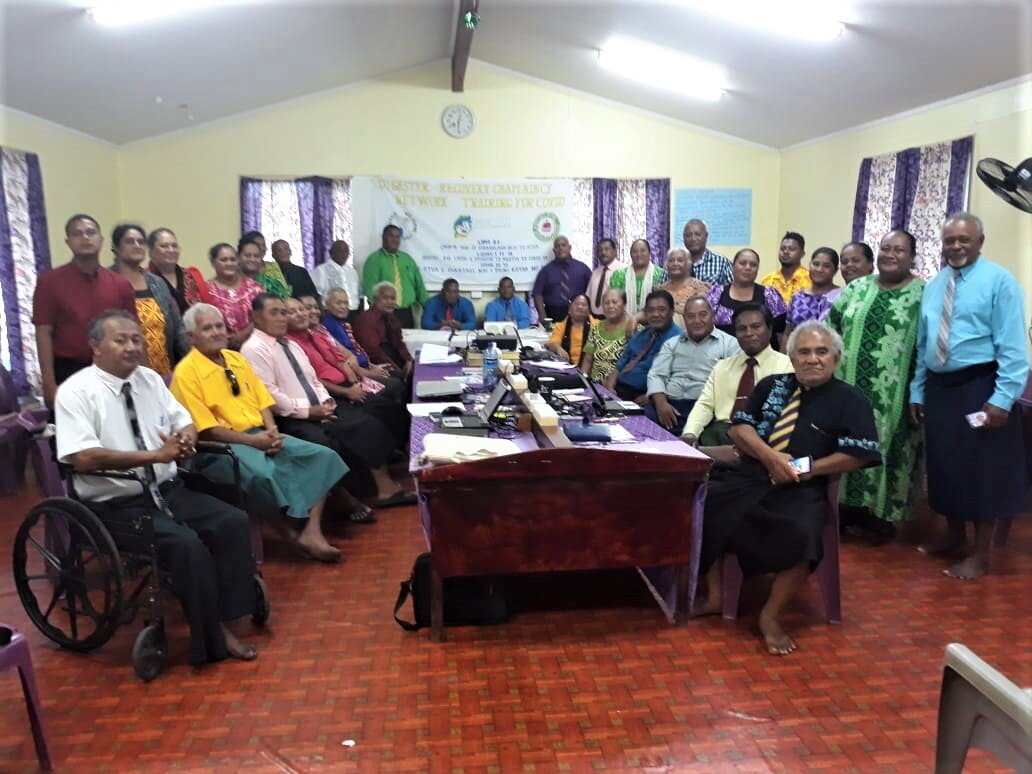
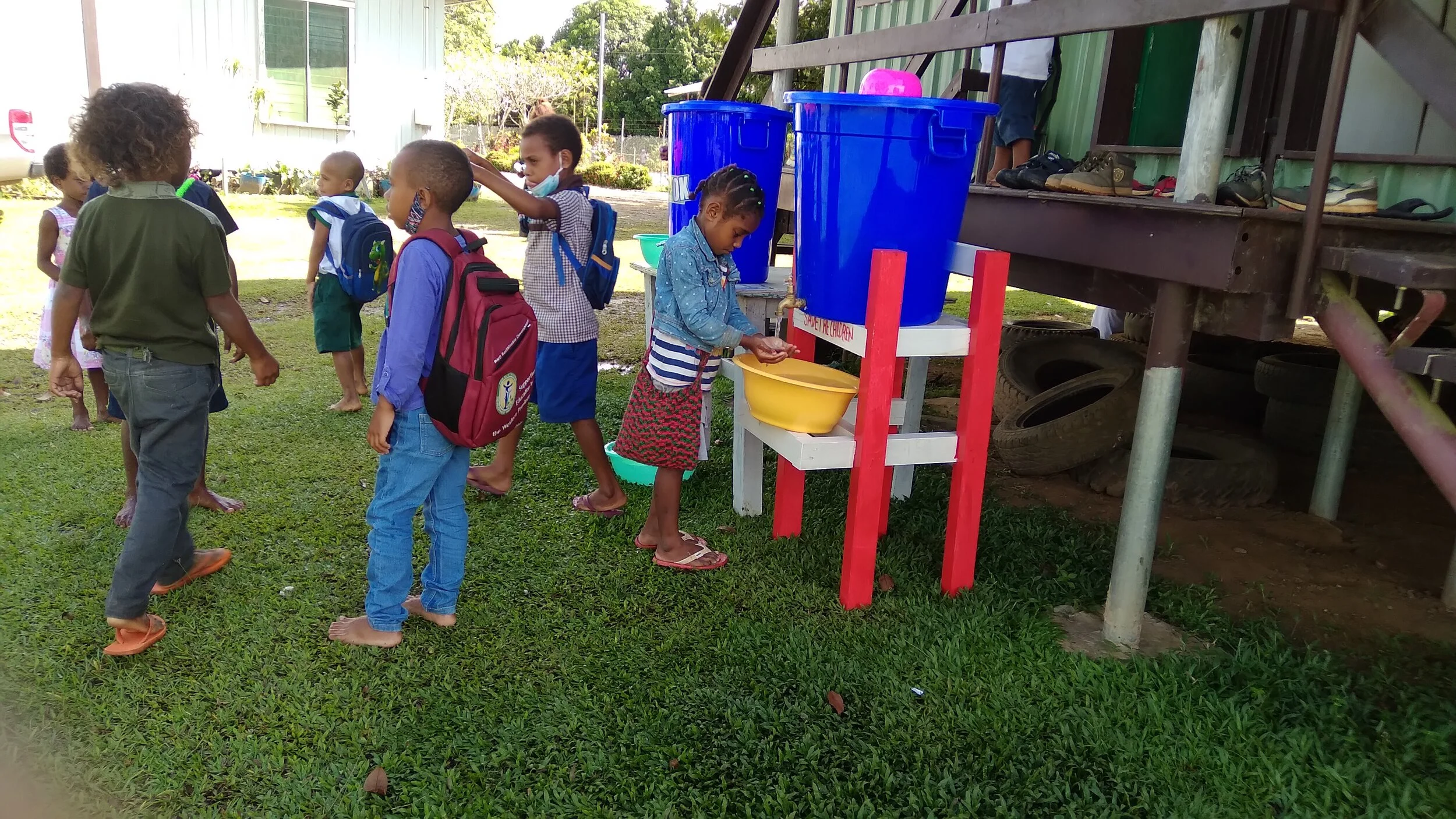
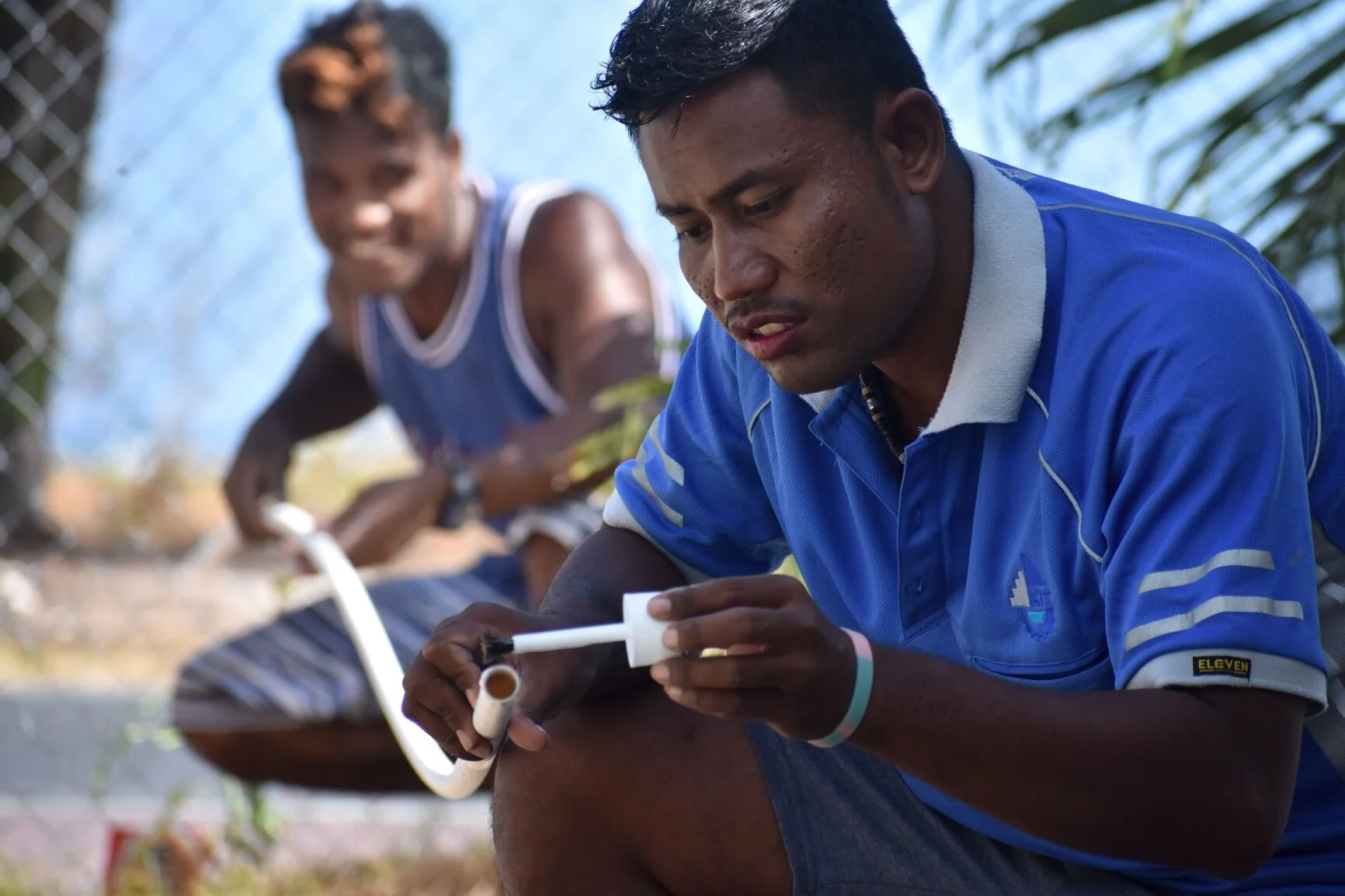
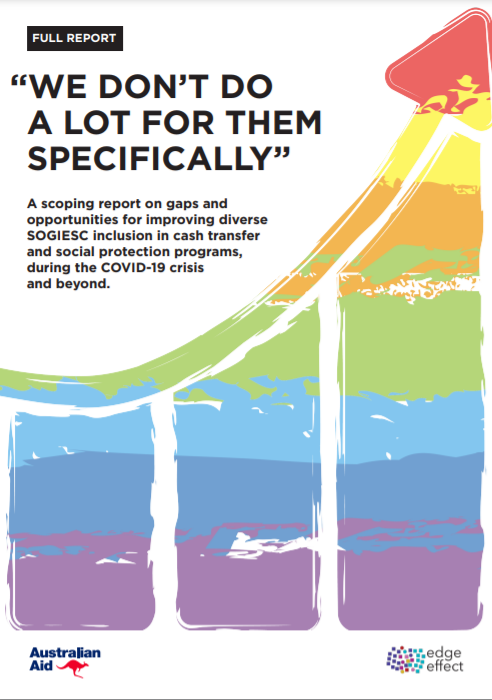
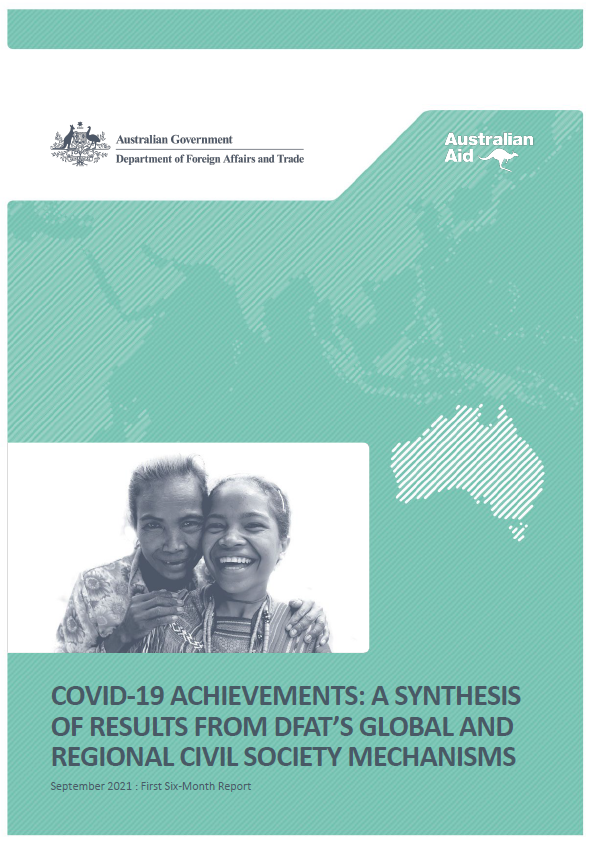

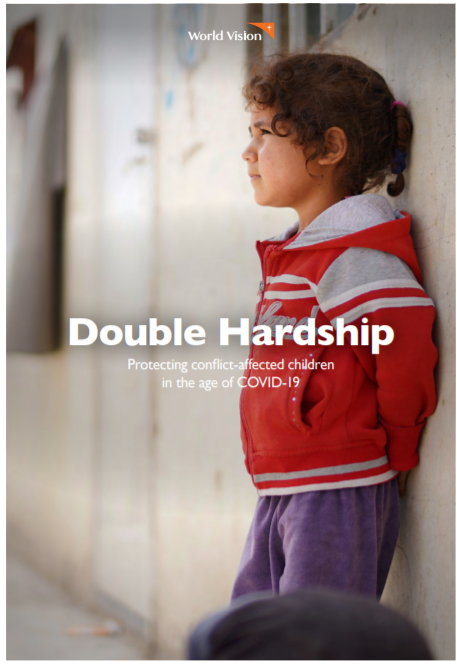
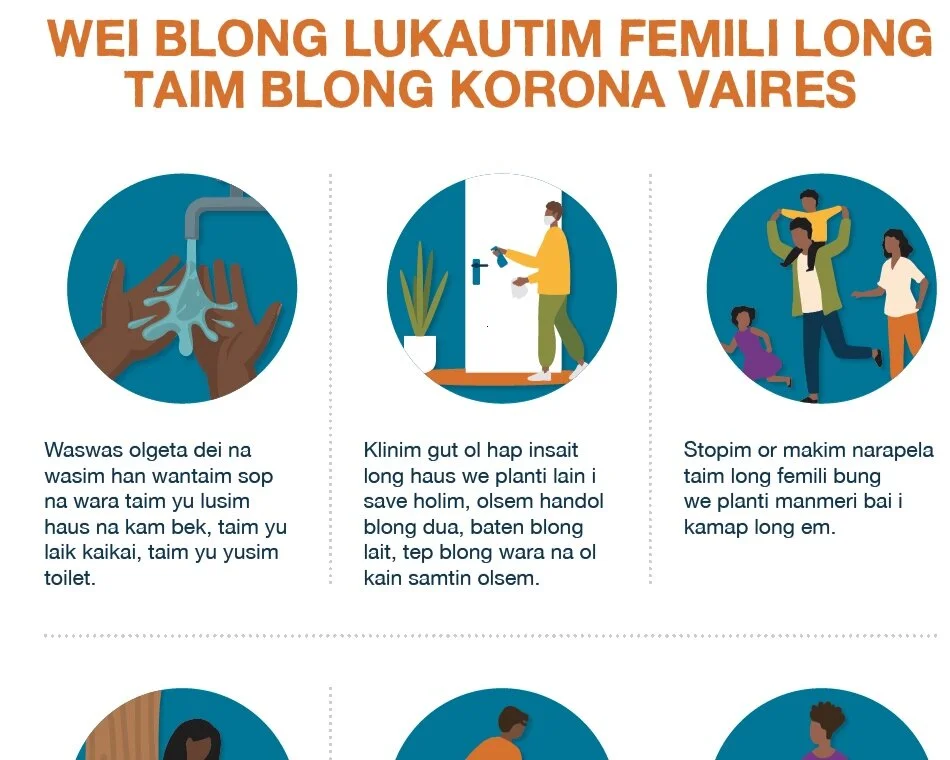
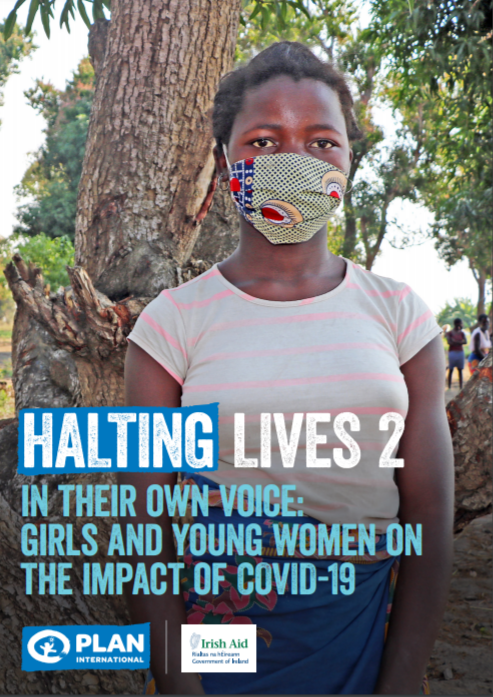
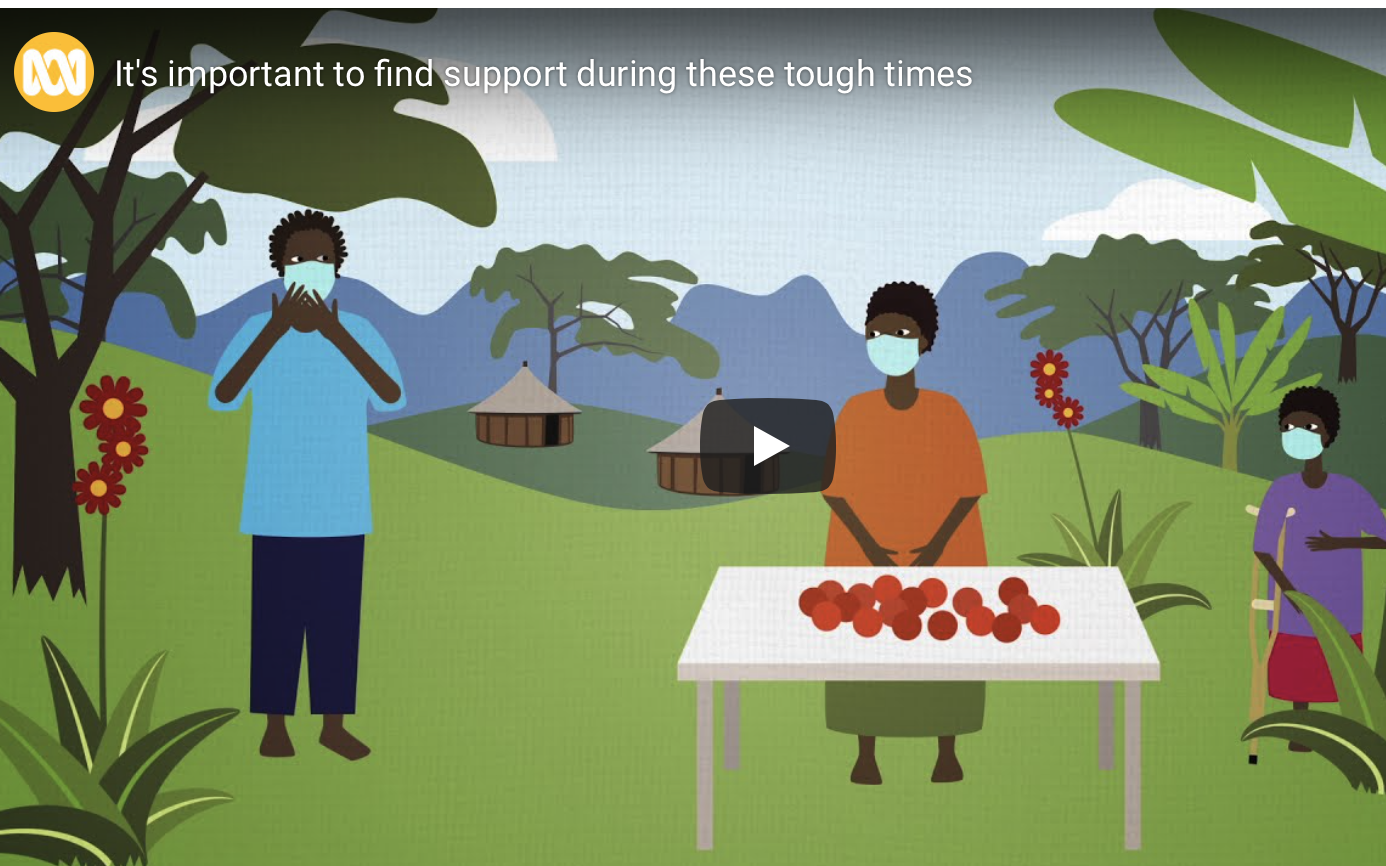
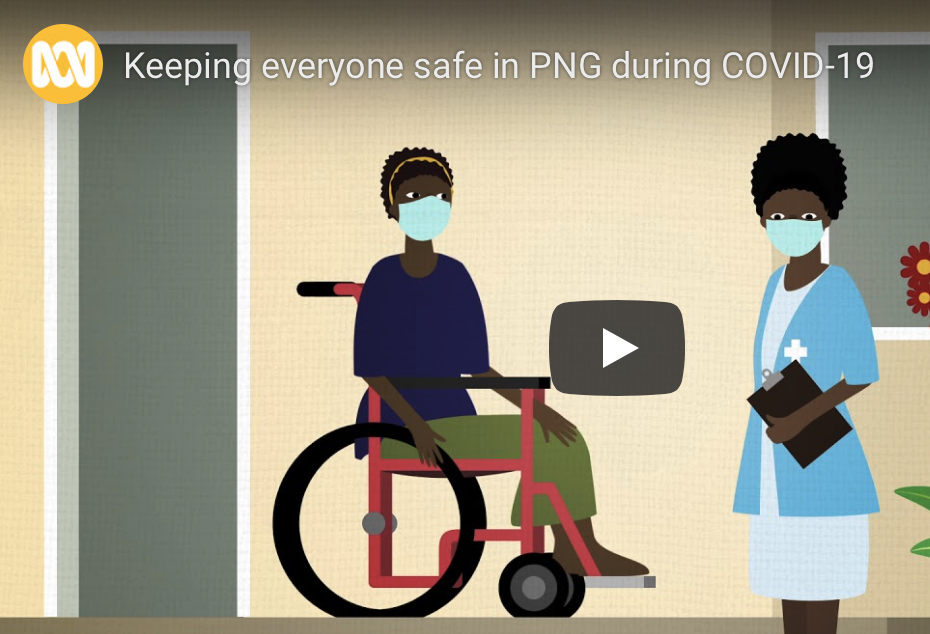
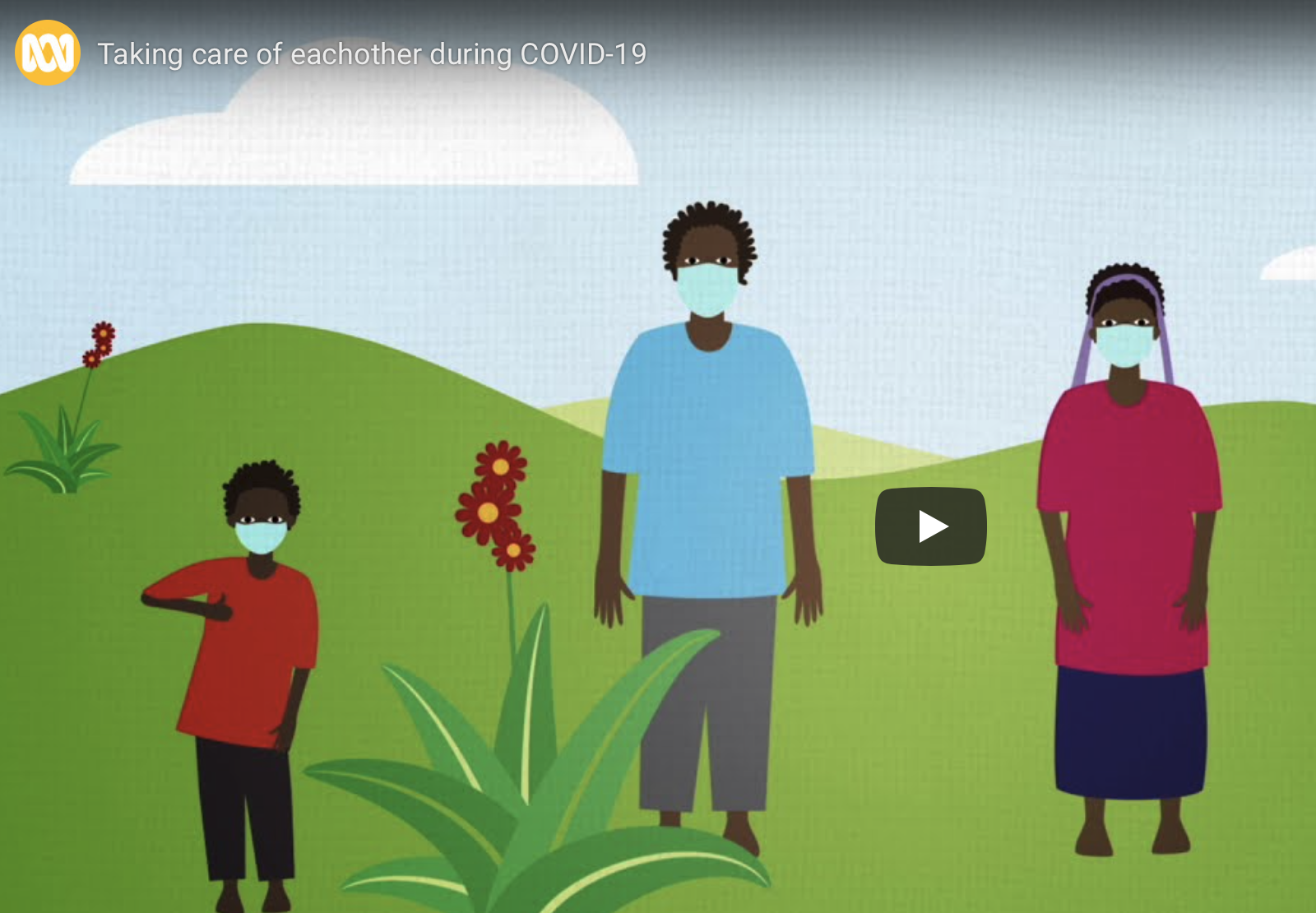
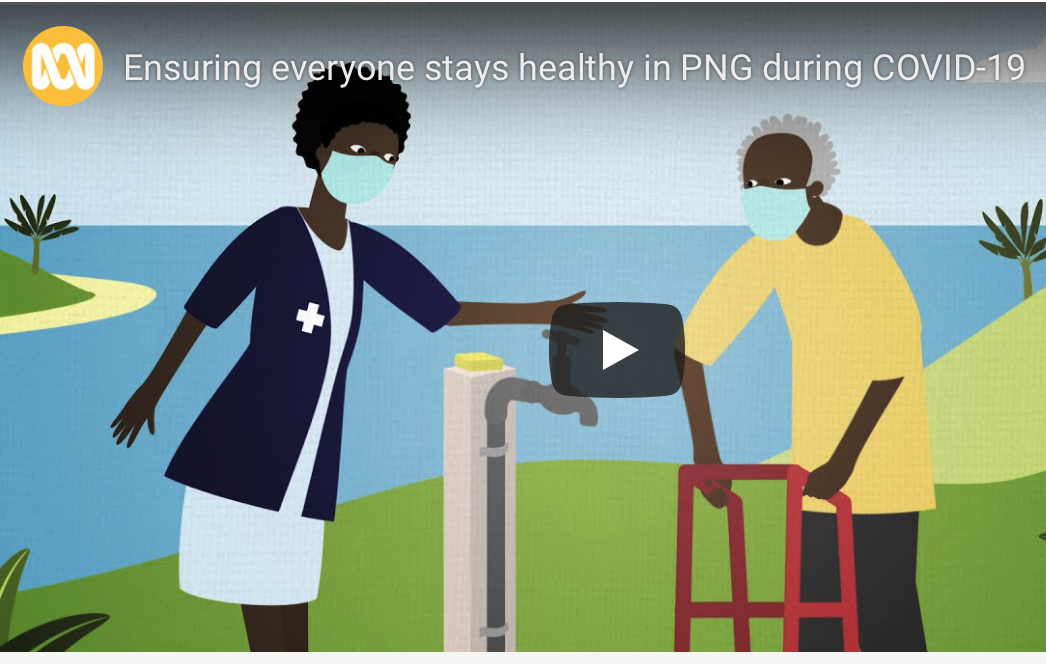
Young people in the remote southern islands of Vanuatu are helping to protect themselves and vulnerable members of their families and communities against COVID-19, thanks to vaccines being rolled out across Tafea Province with the support of AHP partners.